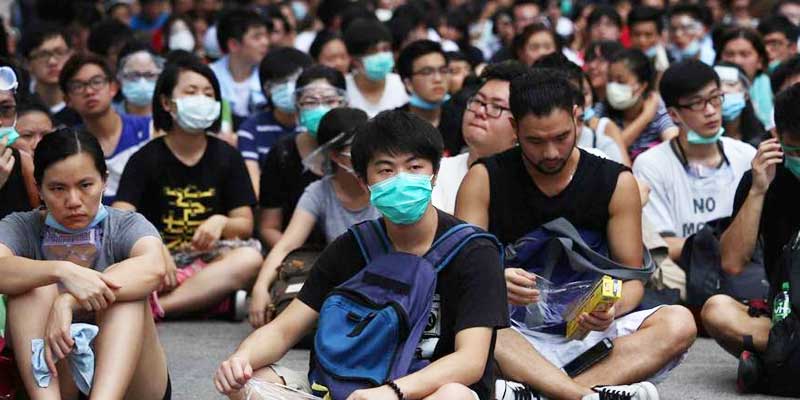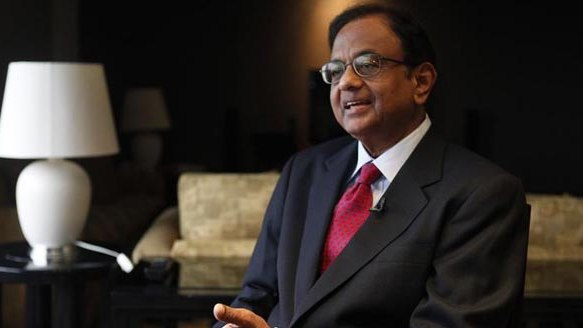Generally silent and bustling with tourists, Hong Kong is now facing a civil disobedience movement.
Generally silent and bustling with tourists, Hong Kong is now facing a civil disobedience movement.
People became angry when the Chinese government made a ruling which limited who could stand as a candidate in 2017 elections for Hong Kong’s leader. The movement began with students in Hong Kong starting a separate class boycott in late September to mark their protest.
The activists at Occupy Central took note of the situation and started the civil disobedience movement early when these protesting students broke into the government compound.
Tens of thousands of ordinary Hong Kong residents have taken to the streets, mostly young, but pensioners and young families have also been seen among those protesting. The rallies in Hong Kong had been very peaceful. The pictures of protestors wearing raincoats and protecting policemen from rain by an umbrella, while both parties standing against barricades, have been doing rounds on the internet.
These well organized rallies have, recently, become more confrontational due to the polarized politics of Hong Kong. General atmosphere is that of peace but the rapid increase in the volume of student movements may change the dynamism of the protest.
Also, there are people who do not agree with these protests. According to them, Hong Kong should not anger Beijing as it has economic ramifications. The public is demanding full democracy but China is unlikely to cave in as it would be seen as a dangerous precedent. However, a change in the mood cannot be excluded from the list of expectations.
BBC reports: “Public protests play an important role in Hong Kong. Locals have free speech and the right to protest, even though they cannot directly elect their government. And they have used this right to effect in the past. A controversial national security law known as Article 23 was proposed in 2002, but dropped after large protests the following year. More recently, the government was forced into a U-turn on “patriotic education” classes.”
The leaders of this movement are law professor Benny Tai, sociologist Chan Kin-man and church minister Yiu-ming who are seen as moderate pro-democracy figures. They are the core of the Occupy Central. The protest is supported by many political parties in Hong Kong’s pan-democratic camp.
But in the last few weeks student leaders like Alex Chow and Lester Shum have come to the fore. Joshua Wong who was at the helm of the campaign against “patriotic education” and is also a force in these latest protests. All three were arrested as the student demonstrations erupted but have since been released.
China does not want any movement that could be perceived as a challenge to its authority. Nor does it want a pro-democracy campaign spreading from Hong Kong to the mainland.
Reports are that China may get involved in a crackdown but that would be the order of last resort. The demonstrations have already been denounced by China.
The protesters, meanwhile, can be found sitting anywhere on the roads, in the buildings, outside police stations, marking their protests.
BBC says, “to enable direct elections in 2017, the Hong Kong government will have to present a political reform plan to Hong Kong’s law-making body, the Legislative Council, for a vote. Pro-democracy lawmakers, who hold enough seats for a veto, have said that they will vote down any proposal based on China’s ruling.
If the proposal is voted down, Hong Kong will be unable to implement universal suffrage, and its elections are expected to proceed as before, with a committee of 1,200 mostly pro-Beijing figures selecting the leader.”
Till then, the streets belong to the people.





